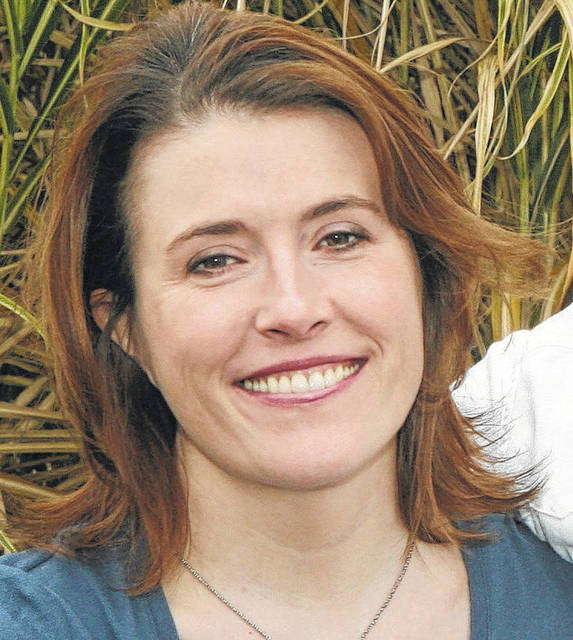
When my children were preschoolers it was hard for me to let them go off on their own. I vividly remember sitting on the park bench trying to let them play without interfering too much. I was worried that they would fall or that they wouldn’t know what to do when another kid acted unkindly. I sometimes would fantasize that it would be great if I could just put a little device in their ear and a walkie-talkie on my end, so I could say, “Make sure you use two hands when you grab those monkey bars,” or “just ignore that kid and walk away.” This is one of the hardest things about parenting — letting go and letting your children solve problems on their own. I can’t say that I still don’t struggle with this.
I’ve been schooled by my own young adult children with reminders that they are old enough to figure it out on their own. I remember my son saying, “Mom, that’s a conversation you should have with a fourth grader not with a senior in high school.” He was right, and I started to worry right away that I didn’t do enough when they were young. I can’t remember every conversation that I had with my kids when they were younger, so I guess I’ll have to hope for the best. The best way to influence your children’s problem solving abilities is to start young.
Talk to your children about problems that you have experienced and how you decided what to do. Talk to your children about mistakes you made and how you learned from those mistakes. Pay attention to new problems and pressures that your children will have to face that you didn’t have to deal with. Then, talk about those things, share how you feel about it, ask how they feel about it, and talk through what they would and wouldn’t do.
Drug usage is one of these discussions that is important to have. You might not have been exposed to drugs in your youth, but chances are your children will be. Talk about the types of drugs that are out there and their harmful effects. The Partnership for Drug-Free Kids has an excellent resource that describes the different kinds of drugs. You can find it here: https://drugfree.org/drug-guide/ .
If your children are in the young adult stage, there are still more subtle ways to keep the conversation going. You can continue to share stories that you hear about things that have happened to other young adults. You can also start to talk about adult problems that you may face. You can talk about what you think you might do to solve the problem and/or ask your young adult children what they think they would do. You may not always agree on solutions, but at least you are modeling that thinking through problems is important. The Partnership for Drug-Free Kids stated that when talking with young adults, “Make sure you keep an open line of communication with your child as she leaves home. It doesn’t all have to be about the topic of drinking and drug use, either — it’s about maintaining a really supportive relationship. Your child needs to know that if any problems or difficult situations arise, she can turn to you for help.” Hopefully, this will pay off when your young adult faces problems and decides to think things through instead of acting on just their emotions.
If you are in need of help or know someone in need of help for a drug addiction, below are some current resources in Shelby County that might be of assistance:
• Counseling for Wellness (Mental Health Outpatient) — 937-492-9355;
• FOA — Families of Addicts (Support- Locations Vary) — 937-307-5479;
• Family Resource Center of Northwest OH — 937-710-4616;
• Dr. Fred Sacks PhD & Associates, Dr. Sara Pleiman (Mental Health Outpatient) — 937-492-9900;
• SafeHaven, Inc. — HOPE Line 937-451-3232 or 855-276-4673, 937-658-6930;
• Samaritan Works (Other Recovery Services) — 937-492-9136, ext. 108;
• Shelby County Counseling Center (Mental Health/Addictions Outpatient, Other Recovery Services — sliding fee scale basis dependent on household income) — 937-492-8080;
• Sidney-Shelby Co. Health Dept. — 937-498-7249;
• Shelby House (men) or Miami House (women) at 937-332-0021
• 24/7 Tri-County Crisis Text Line, 800-351-7347;
• Wilson Memorial Hospital Behavioral Health Center (Other Recovery Services) — 937-498-5578.
This is one article in a series of articles written with the backing of the Shelby County Drug Task Force Education and Prevention Committee with the goal of increasing awareness and developing supports to prevent substance use.
Dial 211, 24 hours a day for a confidential call or visit www.drugfreeshelbycounty.org to learn more.
References
Partnership for Drug-Free Kids (2018). Drug prevention tips for every age. Retrieved from https://drugfree.org/article/prevention-tips-for-every-age/.


